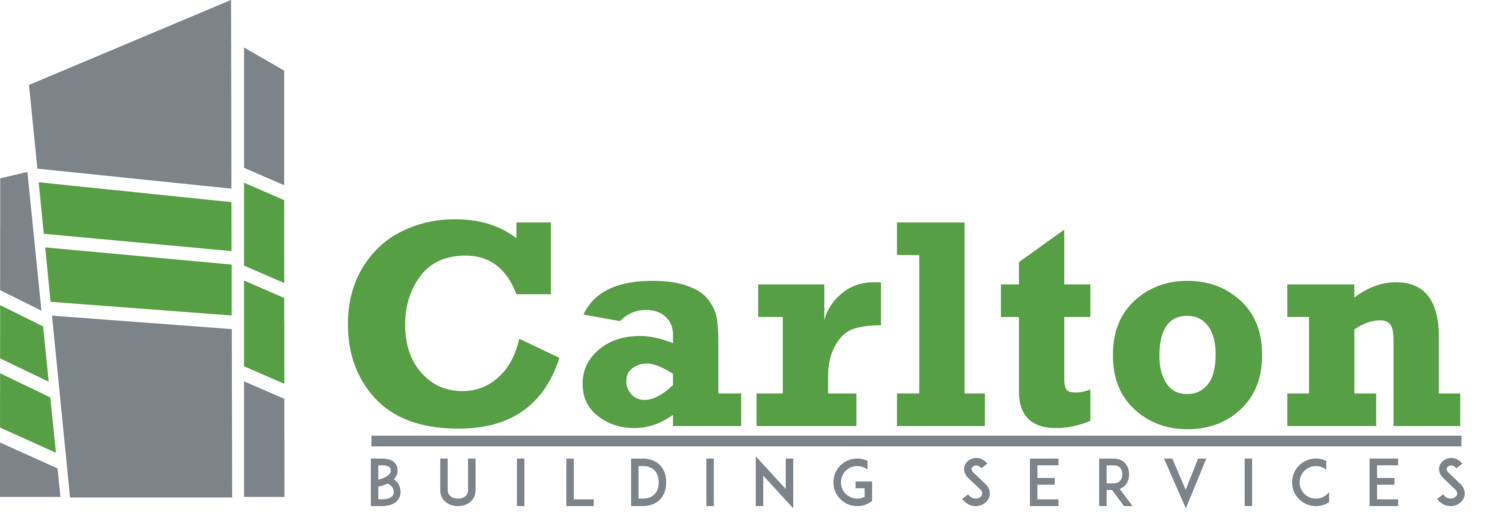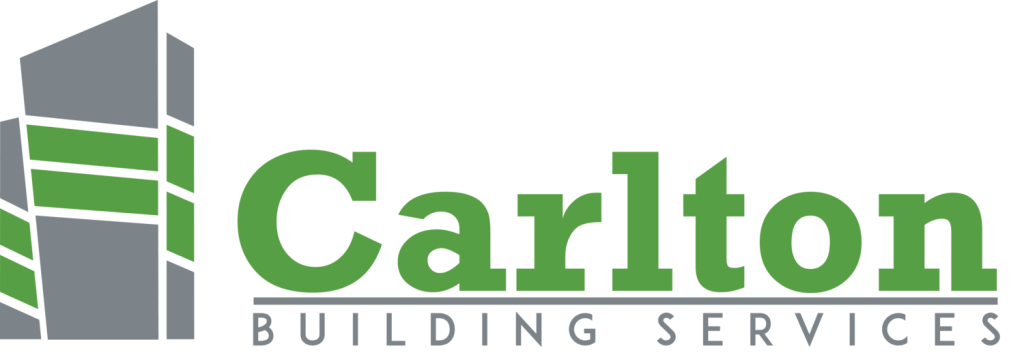Renovations, remodelings, and build-outs can transform your space, but they aren’t cheap. The average renovation cost $290 to $1,230 per unit in 2023. The exact amount depends on the project type, your industry, and location, but even on the lower end, construction is a big financial investment.
But before you exit out of this blog because you don’t have $290 per unit laying around, there are other options. For many businesses in Virginia, a small business loan can help. Here’s the 411 on how to get a loan for your business renovation.
What is a Renovation Loan?
Technically, there isn’t such a thing as a “renovation loan.” Instead, multiple different types of loans can be used to fund a renovation. The two most popular include commercial real estate loans and small business loans.
Both have their pros and cons, which we’ll outline below. No matter which option you choose, the funds can be used for renovations, build-outs, and remodelings in Virginia.
Commercial vs Residential
Before we dive into commercial real estate and small business loans, it’s important to clarify one point: both of these loan types are for commercial properties.
Commercial loans apply to you if you plan to rent out:
- A space to other businesses (i.e., office buildings or retail centers which your business will not operate out of)
- Spaces to families (i.e., condos, multifamily units, assisted living facilities)
- A space where your business will operate, either as the sole tenant or one of many tenants
If you don’t fall into one of these three categories, and are instead looking to renovate a residential property, commercial real estate and small business loans aren’t for you. For residential loans, you can explore financing options with a residential contractor or your bank.
Commercial Real Estate Loans in Virginia
The Code of Virginia Article 8 is a bit vague about what constitutes a commercial real estate loan. Mainly, the law regulates how much of a project a bank is allowed to finance (50% if it’s privately owned, 10-20% if state-affiliated). Loans must also be approved by a local commissioner before the work takes place, though your bank should take care of that process.
Because of the vague language, financial institutions often set the parameters for commercial real estate loans. The most common types include:
- Construction Loans: funds for new builds, build-outs, or renovations
- Investment Property Mortgages: funds to invest or refinance investment properties, like office buildings or condo complexes
- HUD Loans: government-backed loans for multifamily properties
- Owner-Occupied Commercial Mortgages: specific funds for buildings where at least 50% is utilized by the owner’s business
- Short-Term Investment Real Estate Loans: loans to acquire and renovate a real estate property with the intention to sell the property after or repay the loan quickly
These are the most common commercial real estate loans, though others exist. Often, commercial real estate loans come with high-interest rates, making them a better choice for larger companies or those who are comfortable with more risk.
Small Business Loans and Commercial Construction
Those looking for less risky loans should consider small business loans, if certain conditions are met.
A small business loan for construction projects includes maintenance work, renovations, and build-outs. Often, small business loans are a great route because many nonprofits and banks help businesses utilize these loans effectively. Even the Small Business Administration, operated by the federal government, has multiple loans that can apply to construction.
Small business loans are also great if you need financing for other business investments alongside construction, such as investing in a new invoicing system or advertisements around town. There are, however, two caveats with this loan type: it cannot be used on multi-family properties and the owner must operate a business on the renovated or newly constructed site.
Some amazing small business loans in Virginia to consider include:
- Virginia Small Business Financing Authority (VSBFA) Loan: Virginia-specific loan for businesses with less than ten million in revenue, less than 250 employees, or qualification as a 501(c)(3) nonprofit entity
- U.S. Small Business Administration Loan: federally-funded loan for small businesses operating out of Virginia
- SBA 504 Loan: a federally funded loan that’s intended to support renovation, maintenance, and remodelings specifically.
Each of these loans has their own eligibility requirements, process for applying, and scheme to pay back the loan. To learn more, we recommend looking into each with a financial expert.
Loans and Your Contractor
We don’t often picture a contractor as part of the loan process, other than to receive checks cut from the loan. While some contractors may play a minimal role in this process, a good contractor will work with you to understand your financing and help you lend more if necessary.
This was the case for Two Maids and a Mop, one of Carlton Building Services’ clients. Previously, they had worked with a contractor who did not complete the job. When our team came in to finish it, there wasn’t enough money left on their small business loan. Our team worked with them to extend the loan.
Obviously, our team doesn’t cover finances, and you should consult with a bank about loans as well. But having a contractor who cares about the future of your business and helping you utilize your loan in the most effective way possible can be a huge asset.
Frequently Asked Questions
What is considered a small business?
According to the U.S. Census, a small business is any company with less than 40 million in revenue or less than 1,500 employees. The exact classification that the U.S. government uses (employees or revenue) depends on the industry.
How do I start a renovation?
If you’re looking to complete a renovation for your business or commercial property, the first step is to interview different contractors. See which one you like the most in terms of their expertise, communication style, and ability to understand the vision for your business.
Can I renovate my property on a small business loan?
The answer is usually yes, however you need to check the fine print on each specific loan. Generally, small business loans can be used for renovations if 50% of the property or more hosts your own business and it’s not a multi-family unit.


